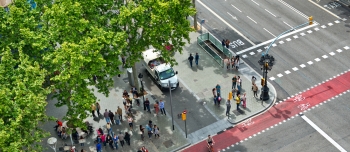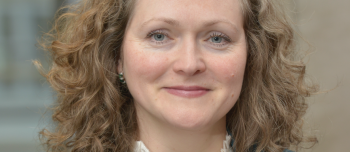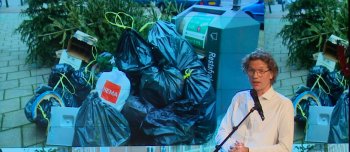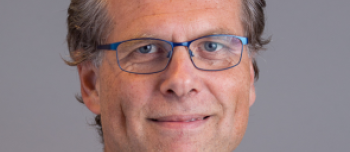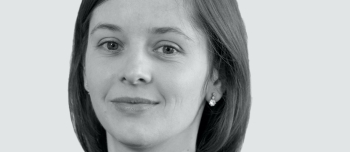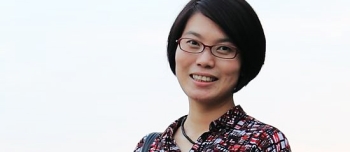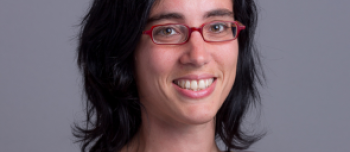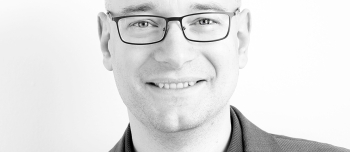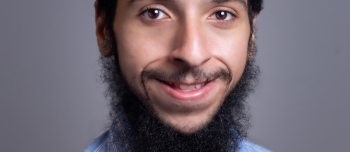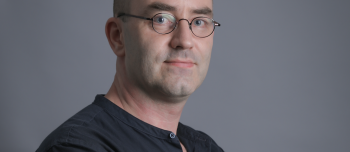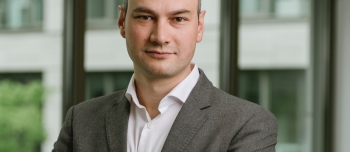CLOSER CITIES aims to create a bridge between urban science and urban practice. By collecting cases on urban practice, analysing them on the shoulders of urban science and sharing research outcomes, urban knowledge becomes shareable. In the ‘5 questions’ series, we ask scientists to briefly reflect on their research and the shareability of their insights and projects.
1. What is the main focus of your research (topic, theme, region)?
Self-organised economies: ways in which different groups articulate their production and circulation activities, how do they raise a living in money or in kind. Latin America, urban, social and solidarity economy
2. Can you give a brief description of your research?
My research so far has been on the exchange of goods and services within local economic circuits with self-organised mechanisms of exchange or means of payment. Most of my research is urban and in Latin America. Some of my research is historical: how were means of payment organised in the past I have also researched on informal economies, social and solidarity economy groups, social enterprises, survival entrepreneurs.
3. How much influence does ‘local context’ have in your field of work? Can results or solutions from your research be shared with other regions easily?
My field of research only exists at the local level: it depends on social cohesion / trust, only functions at a small scale in which such face to face contacts are possible and self organisation is only possible in proximity
4. What are the main lessons learned that can be used by urban initiatives?
grassroots innovations: groups of people think out of the box to manage their production and exchange, and we need to construct the tools to be able to study and understand these innovative empirical activities.
5. How do you think cities can implement these lessons?
Cities provide proximity and spaces where such empirical experimentation takes place.
